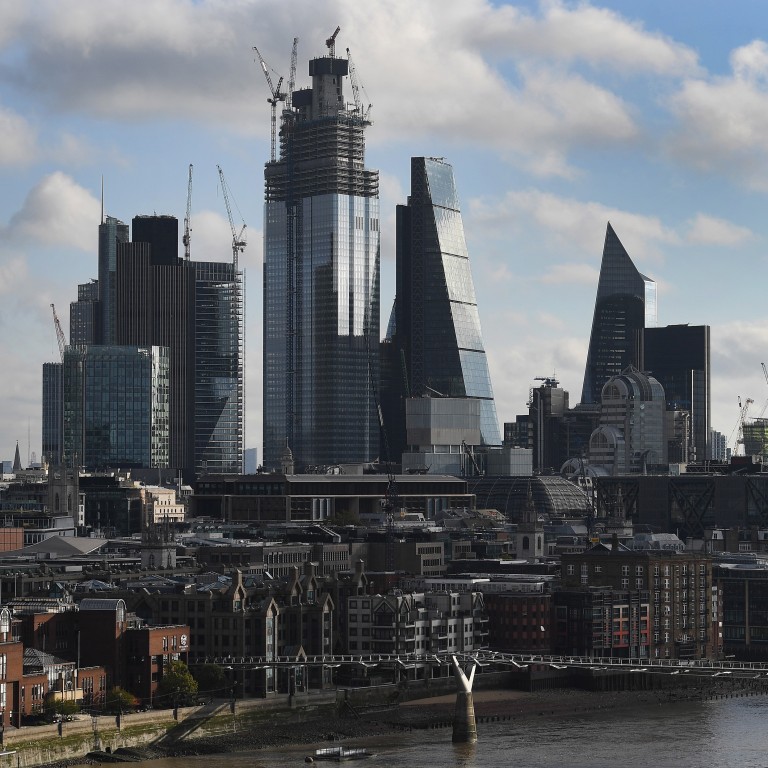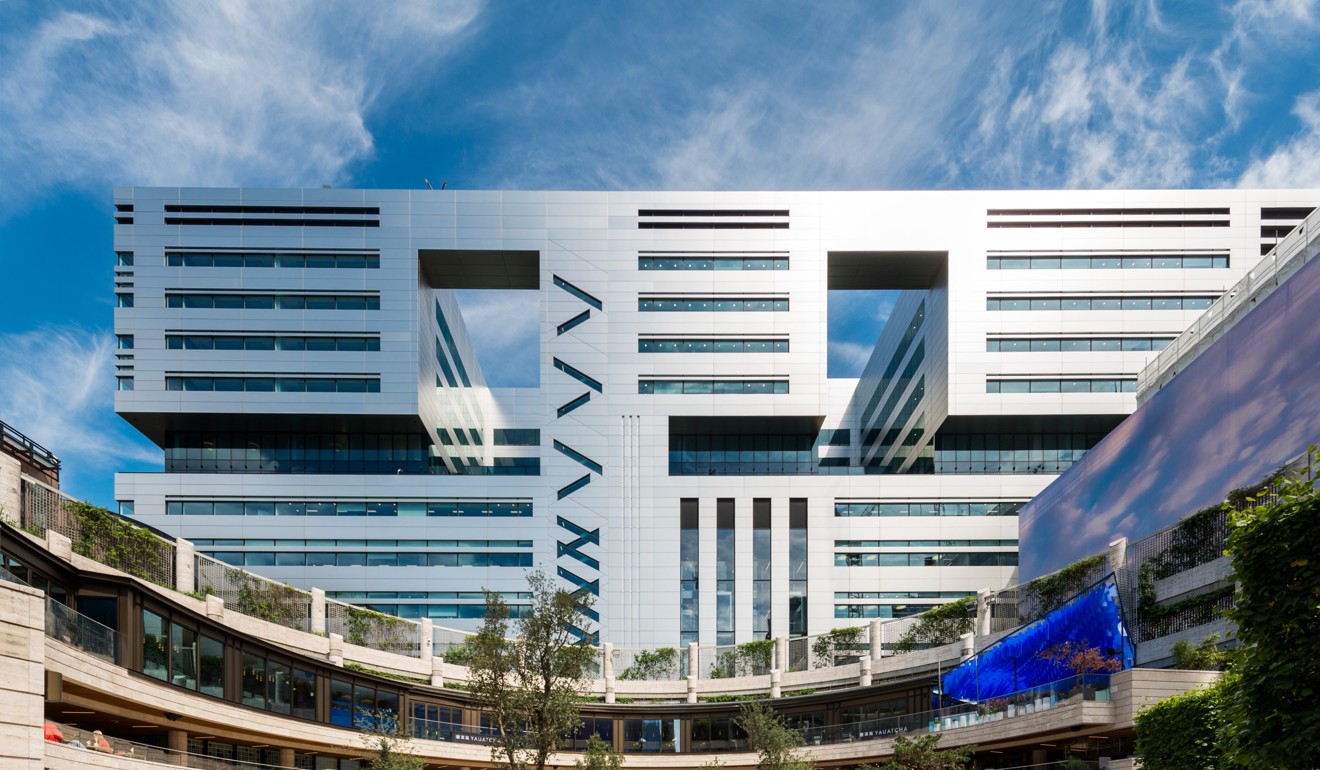
Flush with Asian cash, the London office market looks Brexit-proof – for now at least
- Central London was the hottest office market last year, even with a hard Brexit looming. Despite capital controls in China, Asian buyers accounted for nearly 40 per cent of investments and dominate the £1-billion-plus segment of the market
The office investment market has proved even more resilient to Brexit.
Central London – which includes the West End, the City and East London – was the world’s most actively traded office market last year, ahead of New York and Paris. Total investment volumes reached £19.5 billion (US$25.7 billion), only a fraction lower than in 2017 and 22 per cent higher than in 2016, data from C&W shows. The largest source of capital, moreover, was Asia, which accounted for nearly 40 per cent of transactions. British and European buyers, meanwhile, accounted for 24 per cent and 17 per cent respectively.
In Central London, Hong Kong investors have picked up some of the slack from mainland Chinese buyers, keeping Greater China as the largest source of capital by nationality last year for the second year running, with 21 per cent of transactions, according to a report published by Knight Frank, another real estate consultancy, last month. In the City submarket, the share of Asian capital was even higher, reaching 52 per cent, with South Korean investors accounting for the largest slice.
The attraction of Britain’s capital is partly attributable to a weaker currency and higher investment yields. The sharp fall in the pound following the Brexit referendum has boosted returns on sterling-based assets for overseas investors, especially those reliant on US dollar funding. More importantly, prime office yields in the City currently stand at 4 per cent, compared with 2 per cent in Hong Kong and 3 per cent in Paris and Frankfurt, making London relatively cheap.

Yet, Asian property companies are investing in London not just because of the comparative value it offers, but also because of its status as a safe haven. Asian buyers, especially from China and other emerging markets, are drawn to London for the comfort and safety Britain provides in terms of language, law, market transparency and liquidity. Unlike European investors, who are more sensitive to the Brexit drama, Asian buyers are less influenced by the latest developments in Westminster and Brussels and attach more importance to London’s role as a global conduit for trade and investment.
This is evidenced by the growing share of office development undertaken by Asian investors, with companies from Greater China alone now accounting for 10 per cent of London’s office development pipeline, according to Knight Frank. The adviser notes: “This reflects both the need to access returns higher up the risk curve in a low yield environment and, in some cases, greater familiarity with the market.”
It may not be long before the next £1 billion-plus Asian deal in the London office investment market is announced.
Nicholas Spiro is a partner at Lauressa Advisory

